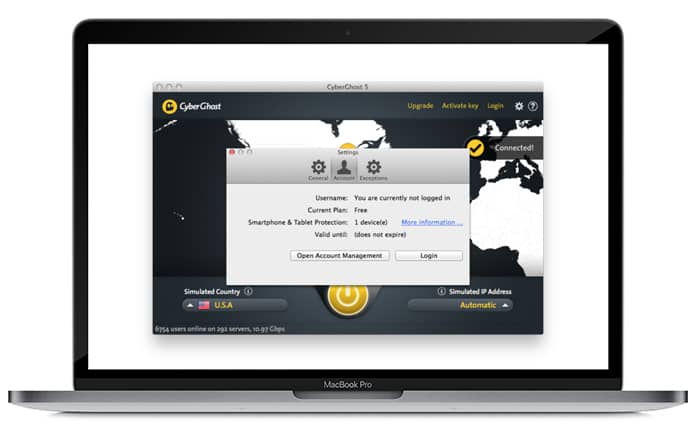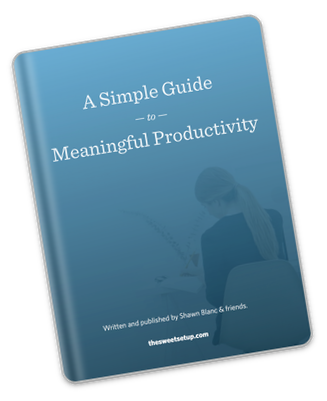
Top Vpn Apps For Mac
Whether you are concerned about your online privacy or just want to access sites and services blocked in your country – Netflix, Spotify and the like – a VPN (virtual private network) can solve your problem. A VPN service establishes a secure connection between your computer or mobile device and remote servers, and routes the data to the internet through it. This type of secure connection will hide your online activity from the eyes of your internet service provider (ISP), Wi-Fi hotspot provider or anyone else connected between the user and the VPN servers. The VPN market is pretty crowded with both free and paid VPN services available, so don’t just jump on the first offer. It is also recommended to be careful with free services since they might install unwanted toolbars or third party apps.
A virtual private network, or VPN, is one of the smartest and simplest ways to take control of your privacy online. We did the tests, and these are the best VPNs for your Mac. List of Best VPN for Mac: Connect your MacBook Pro/ Air to Virtual Private network #1. KeepSolid is famous for its low price and more features. Find my flight for mac calendar permissions. Send your private information, passwords and much more data KeepSolid will preserve the data by encrypting it from the hackers.
The best thing to do before choosing a VPN service is to read the terms and conditions and be aware of its limits. Why Use a VPN on a Mac? VPN services aren’t designed to protect you from the government’s eyes, malware or cybercriminals targeting website vulnerabilities. Instead, they protect the most vulnerable piece of the puzzle between you to your destination. VPNs have been around for decades, and Apple has supported standard VPN methods since the very early versions of macOS, and has built in native support into iOS as well. VPN was originally designed to allow remote workers to securely connect to an enterprise’s network, regardless of their physical location. Regardless of which type of Mac user you are, a VPN service is always welcome.
Just consider the key advantages it offers: with such a connection it is possible to access websites and media without geo-location restrictions, as well as hide your online activity from the prying eyes of your ISP. As you may already know, when you connect to the internet your device is given an IP address. Your public IP address identifies your connected device, which in turn allows servers to collect relevant data about you such as your ISP, your organization, or the state, region, city and country you’re browsing from.

That enables advertisers to serve up ads tailored to you and means service providers can set up a digital fence that prevents users in specific areas from accessing services with copyrighted content such as Netflix or Spotify. Best VPN Services for Mac of 2018 Rank Provider Info Visit Editor's Choice 2018. Also, a VPN means it is possible to use public Wi-Fi safely – you’ve obviously heard plenty of horror stories about users being hacked while using public hotspots – since it shields your online activity from hackers looking for new victims. A VPN service hides your real IP address, opening the door to services, websites and platforms that were previously blocked because of your physical location. Netflix, for example, has declared war on customers using VPNs, despite willingly accepting their credit cards. Torrenting With a VPN One of the reasons why users turn to VPN services is to download torrents anonymously.